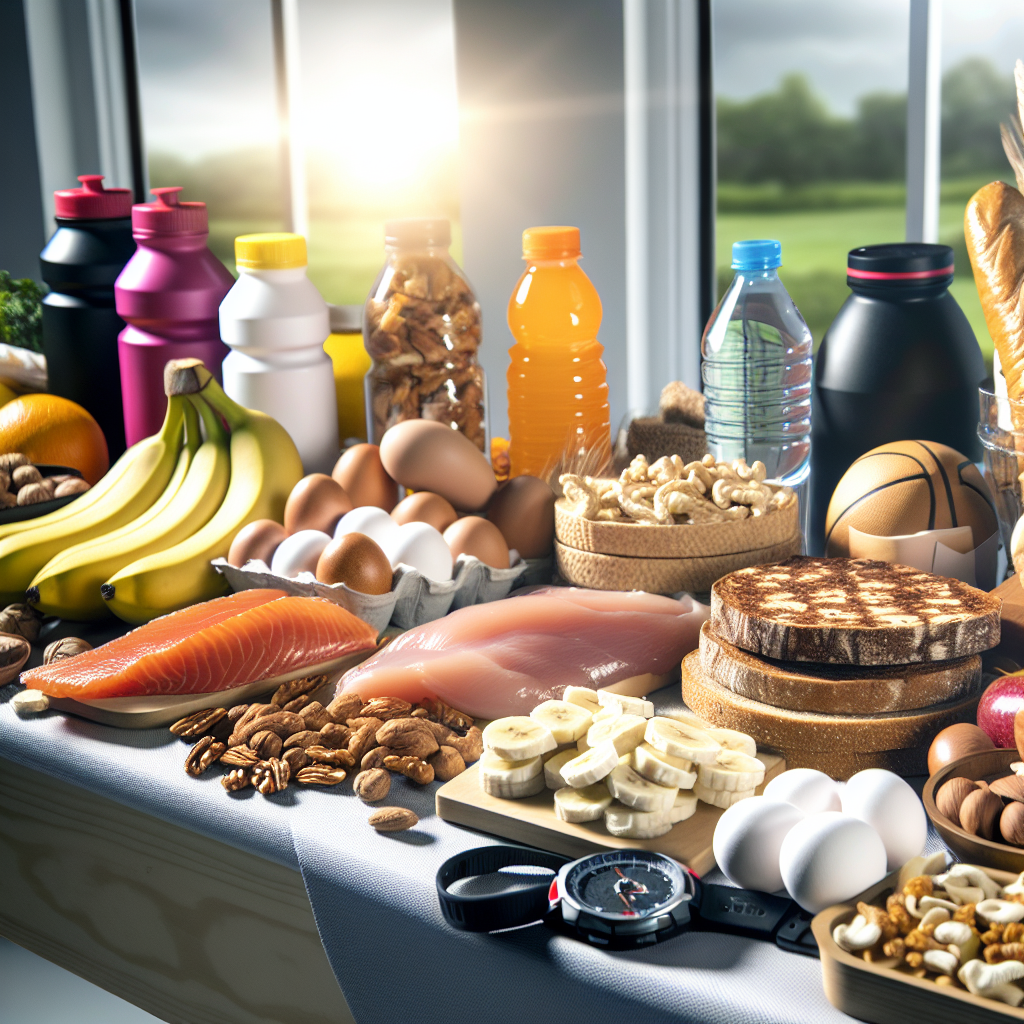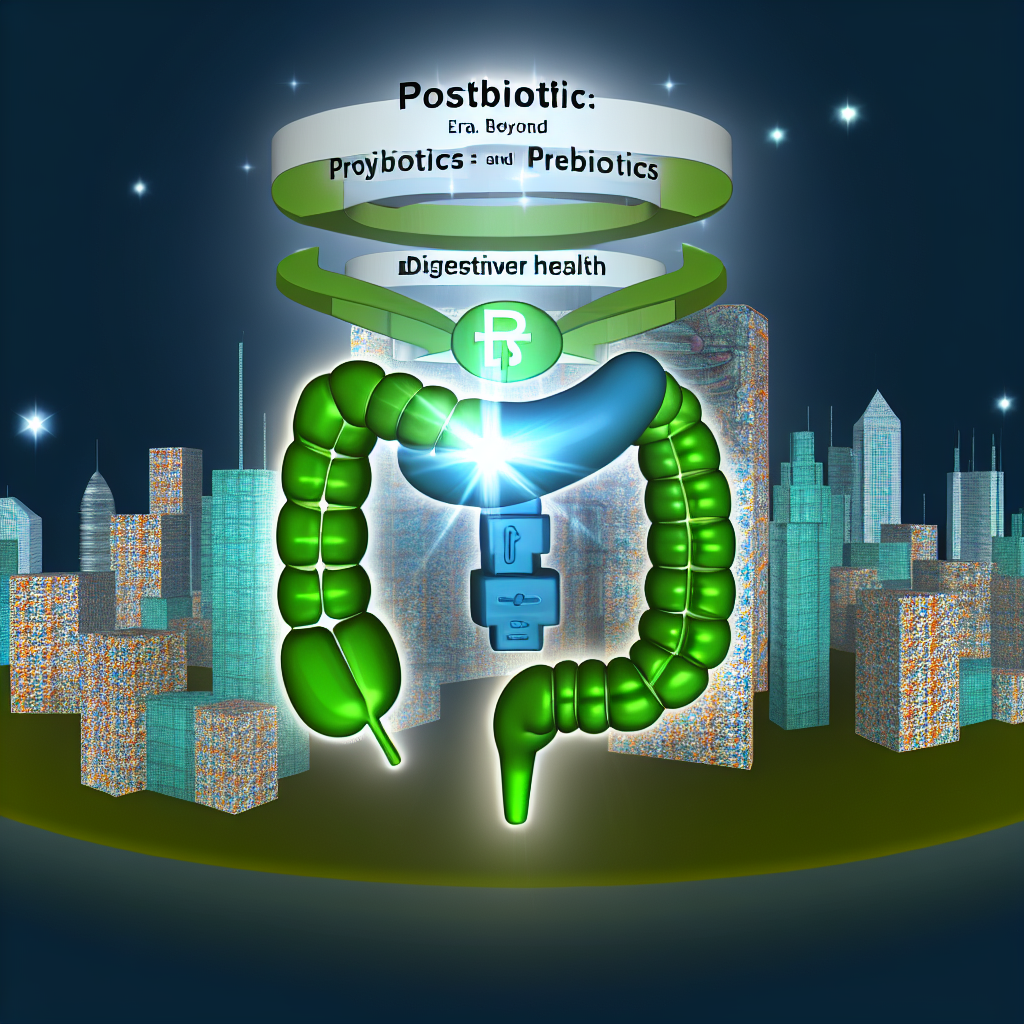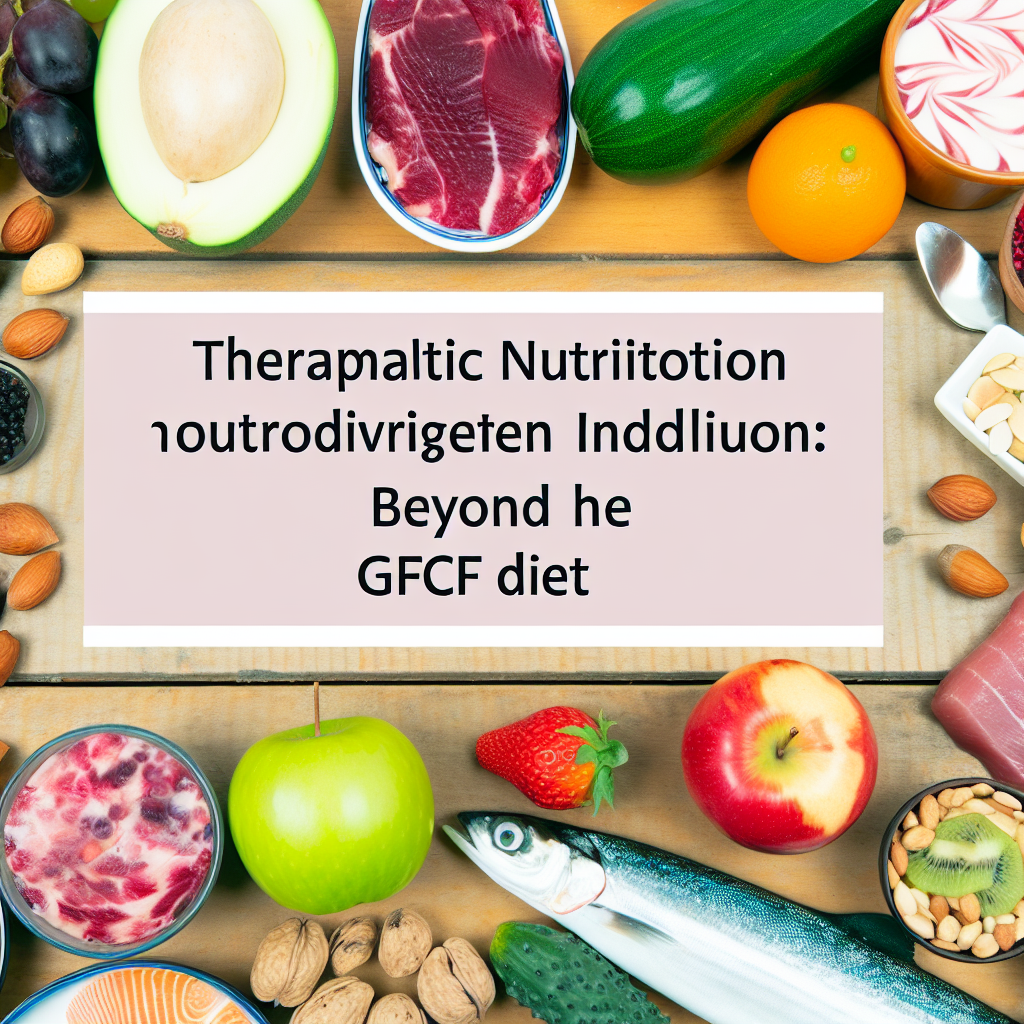Sports Nutrition Guide – Competition Day Fueling
Introduction
For athletes and fitness enthusiasts, competition day is the result of dedicated training and disciplined routines. However, your performance on the day hinges heavily on your nutrition strategy. Even top athletes can compromise results with poor eating or hydration choices just hours before the event. A properly formulated fueling routine ensures sustained energy, reduced fatigue, better focus, and faster recovery.
Competition day nutrition requires a deliberate approach, factoring key macronutrients—mainly carbohydrates for energy, moderate proteins for muscle support, and healthy fats for endurance. Timing plays a crucial role. Eating too little or too late can hinder energy levels, while eating too close to the event may cause gastrointestinal discomfort. Personalizing your nutrition (based on sport type, body composition, event duration, and individual metabolism) ensures optimal outcomes.
In recent years, a growing number of athletes have integrated natural supplements and herbal remedies into their performance routines. Adaptogens like rhodiola, ashwagandha, and ginseng support energy and stress management. Whole food options such as bananas, dates, and coconut water are replacing synthetic energy gels and processed sports drinks. Many of these natural options provide the same performance edge with fewer side effects and better health benefits.
Whether you’re preparing for a marathon, triathlon, intense workout, or competitive match, understanding how to properly fuel your body with clean, functional foods and supplements allows you to perform better and recover faster—naturally.
Scientific and Natural Insights Supporting Competition Day Fueling
Strategic nutrition is a key performance factor. The American College of Sports Medicine (ACSM) recommends that athletes consume a carbohydrate-rich meal 3–4 hours before an event. The appropriate amount is around 1–4 grams of carbohydrates per kilogram of body weight. This helps optimize glycogen storage—the primary energy source for muscles—helping to stabilize blood sugar levels and reduce fatigue. Ideal pre-event meals include oatmeal with fruit, sweet potatoes, rice with veggies, or nut butter on whole grain toast.
Natural performance enhancers, especially plant-based options, are finding a firm place in athletes’ routines. Beetroot juice, rich in natural nitrates, helps improve oxygen efficiency and delays exhaustion. Take beetroot juice or a beetroot powder supplement 2-3 hours before competing for the best results. It’s a trusted pre-workout tool without the typical crash of caffeine.
One standout herbal adaptogen is Rhodiola Rosea. Studies show it enhances mental focus, lowers the feeling of exertion, and extends endurance. In a 2018 study, athletes demonstrated longer time-to-exhaustion just from a single dose taken before cycling. Consider starting with 200–400 mg of standardized extract about 60 minutes before your event.
For hydration and electrolyte balance, natural sources such as coconut water offer potassium, magnesium, and sodium—key minerals lost through sweat. To upgrade plain water, infuse it with herbal teas like hibiscus or lemon balm and add chia seeds for additional hydration support.
Post-event recovery should never be overlooked. Inflammation and muscle soreness can delay training. Herbs such as turmeric (curcumin) and ginger have been shown to reduce muscle soreness and systemic inflammation. These can be consumed via capsules, turmeric smoothies, or ginger teas. Adding these to your routine can shorten recovery time and return you to your workouts refreshed and stronger.
Conclusion
Competition day demands precision in nutrition, hydration, and supplementation. Fusing sports science with natural practices creates a sustainable and balanced approach to peak performance and long-term wellness.
No longer are athletes relying solely on processed pre-workouts or sugary energy gels. The shift toward plant-based carbs, adaptogens, and whole-food hydration is reshaping how athletes of all levels fuel competition. With this guide, you can tailor a regimen that supports immediate success and your overall well-being.
When you combine the power of science-backed techniques with wisdom from nature, you gain more than improved performance—you build resilience, energy balance, and holistic strength for life.
References
– American College of Sports Medicine – Nutrition and Athletic Performance
– Beetroot Juice Improves Exercise Performance
– Efficacy of Rhodiola Rosea on Sports Fatigue
– Coconut Water Compared to Sports Beverages
– Curcumin and Inflammatory Response in Muscle Recovery
Concise Summary
This guide explores strategic fueling for athletes on competition day, blending modern sports nutrition with natural, holistic approaches. Emphasizing carbohydrate timing, hydration, and performance-enhancing herbs like beetroot and rhodiola, it offers actionable steps for energy, endurance, and recovery. Natural alternatives such as coconut water, turmeric, and herbal teas are shown to support peak results while promoting long-term well-being.

Dominic E. is a passionate filmmaker navigating the exciting intersection of art and science. By day, he delves into the complexities of the human body as a full-time medical writer, meticulously translating intricate medical concepts into accessible and engaging narratives. By night, he explores the boundless realm of cinematic storytelling, crafting narratives that evoke emotion and challenge perspectives.
Film Student and Full-time Medical Writer for ContentVendor.com




